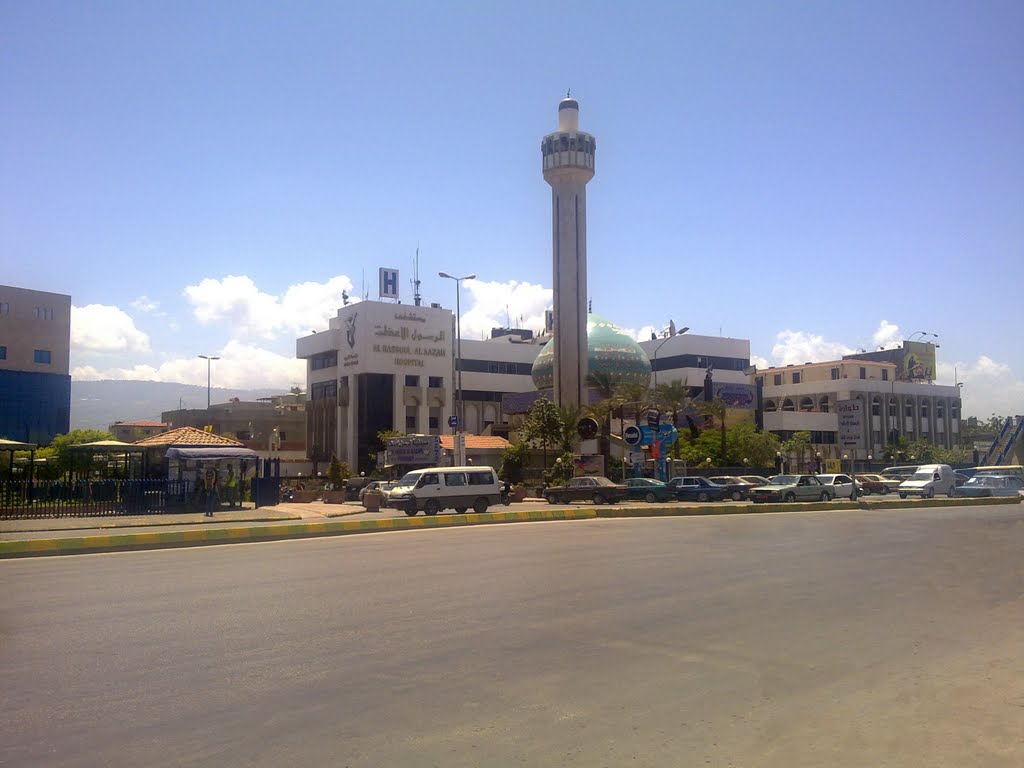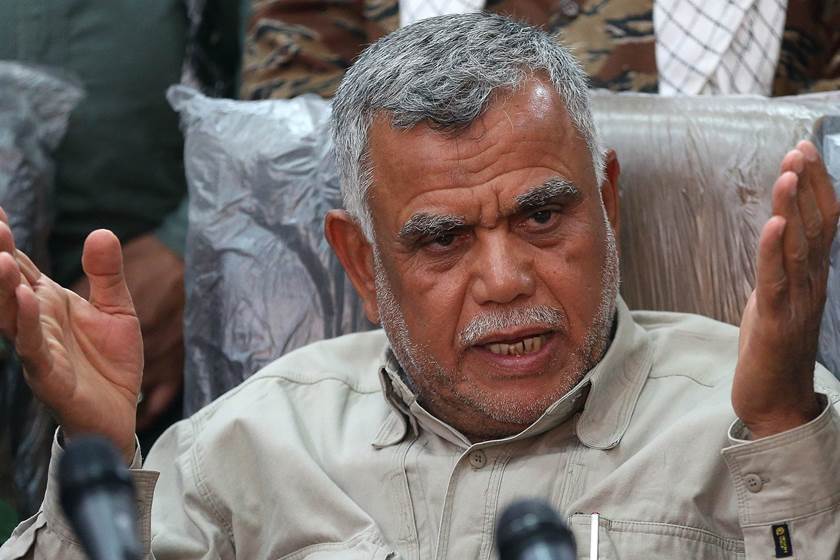Baria Alamuddin, an award-winning Lebanese journalist and broadcaster in the Middle East and the UK, published an extensive article through Arab News attacking the Hezbollah party, citing their “global trail of criminality and corruption.”
“I’ve always been proud to be Lebanese, but it’s a source of intense shame when the world sees our beautiful nation hijacked by Hezbollah’s corruption, criminality, and terrorism,” Alamuddin said.
Amal Clooney’s mother starts off her critique by writing|: “While Lebanon bleeds, many essential medicines are unobtainable in mainstream hospitals and pharmacies. Yet, in Hezbollah-land, a parallel system of health facilities exists where a full spectrum of cheap Iran-imported drugs are readily available.”
Alamuddin states that Hezbollah uses its control of the health ministry to systematically divert medical funds for its own purposes.
She compared the lost funds by the hospitals damaged after the August 4th Beirut port explosion, which treated thousands of injured blast victims, to the Hezbollah-affiliated Al-Rassoul Al-Azam Hospital, which is far from the blast zone.
She noted that the Hezbollah-affiliated hospital raked in $3.6 million in additional funding.

“With its system of parallel ATMs, from which dollars are miraculously available, parallel schools, parallel banks, parallel economies, parallel systems for paying salaries, Hezbollah is profiteering from Lebanon’s demise,” Alamuddin said.
Government formation remains blocked in Lebanon, as the parties of Hezbollah and Amal insist that the posts of the Finance, Health, and Transport Ministers be given to individuals from their sect.
Alamuddin highlights the multiply opportunities for criminal gain Hezbollah can achieve if given control of these ministries, all while Lebanon’s airport, ports, and national borders allow Hezbollah to smuggle arms and narcotics.
In the past, Lebanese financial institutions have been sanctioned for laundering funds for Iran. “Hezbollah’s criminal operations have massively increased, following explicit instructions from Tehran to “make money” in any way it can to offset the impact of sanctions,” Alamuddin stated.
Only a couple of days ago, a single seizure in Italy consisted of 85 million amphetamine pills worth more than $1 billion was linked to Hezbollah.
The news came after Europol warned of intensified Hezbollah criminal activities, as the Iran-backed party has been using its Lebanese connections to act out a niche plan using France and other European countries as a headquarter for money-laundering operations.
All these accusations against Hezbollah, backed up by official documents, raise concerns for Alamuddin, who states that Hezbollah’s international crime portfolio is primarily managed by Hassan Nasrallah’s cousin, Abdallah Safieddine, Hezbollah’s envoy to Tehran.
“Safieddine and Hezbollah official Adham Hussein Tabaja oversee a vast network of businesses active in tourism, real estate, beef, charcoal, electronics, and construction that are essential for laundering Hezbollah’s criminal revenues.”
Speaking of Hezbollah and its associates, Alamuddin points out one rarely-discussed reason for their refusal to put down their weapons.

“Hassan Nasrallah, Hadi Al-Amiri, Ali Khamenei, and their families manage billion-dollar criminal operations that make them unimaginably wealthy while their nations disintegrate as a direct consequence of these criminal enterprises,” she wrote.
The award-winning journalist continued to criticize the multiple states ignoring Hezbollah’s criminal and terrorist activities, including Saad Hariri and French President Emmanuel Macron who, she noted, have been “bending over backward to meet Nasrallah halfway on government formation.”
“Hezbollah should be banished from politics altogether, and UNIFIL and the Lebanese Army should play a beefed-up role in combating industrial-scale smuggling and organized crime,” Alamuddin stressed.

















